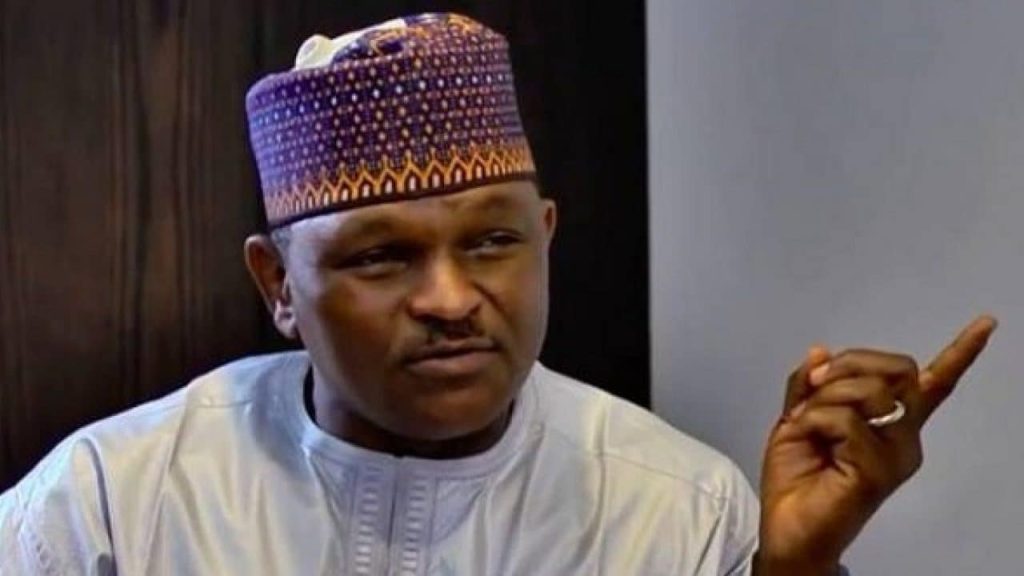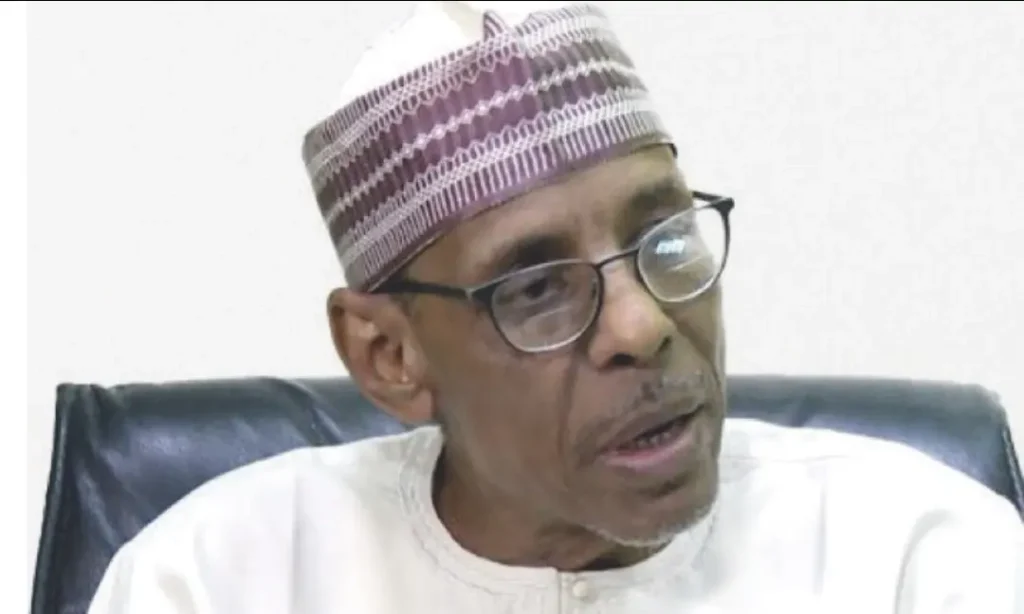Debo Adeniran, the Executive Director of the Centre for Anti-Corruption and Open Leadership, has been at the forefront of the fight against corruption in Nigeria. In this candid interview with MUHAMMED LAWAL, he shares his perspective on government accountability, the need for specialized courts, and the role of transparency in ensuring public trust.
When asked about the achievements of CACOL, Adeniran emphasized the organization’s work in raising awareness about corruption in Nigeria. He highlighted their efforts in petitioning the government over various scandals, including the Halliburton and Siemens bribery cases. Adeniran also addressed the need for specialized courts to handle corruption cases, citing examples from both Nigeria and international jurisdictions.
Adeniran urged the government to exercise restraint in its spending, particularly in light of Nigeria’s status as the “poverty capital” of the world. He emphasized the importance of prioritizing the needs of the people and fostering a sense of transparency and accountability in governance.
When questioned about judicial outcomes and the handling of corruption cases, Adeniran underscored the need for stringent laws mandating the public disclosure of government finances. He emphasized the role of transparency in fostering accountability and encouraged a more participatory approach to governance, placing the onus on the government to involve citizens in decision-making processes.
Regarding Nigeria’s judicial system, Adeniran cautioned against immediately blaming the judiciary, stressing the importance of providing solid evidence and witnesses to support cases. He called for a more expedient and unwavering approach to prosecuting corruption-related crimes, expressing concern over the extended timeframes and leniency in certain high-profile cases.
In conclusion, Adeniran vehemently opposed the granting of amnesty to convicted looters, emphasizing the importance of upholding accountability and dispensing fair and timely justice to deter future corruption. His unwavering dedication to combating corruption in Nigeria serves as a clarion call for a more transparent, accountable, and just governance.
Behind the Headlines: Unraveling Nigeria’s Sociopolitical Landscape
Unraveling the intricate web of Nigeria’s sociopolitical landscape reveals a tapestry woven with contentious issues ranging from judicial integrity to prudent financial management and governance, all of which hold profound implications for the nation’s future.
The Nigerian judiciary, often hailed as the bastion of justice, stands embroiled in controversy. Allegations of influential individuals manipulating the judicial system cast a shadow of doubt over its impartiality. The discovery of incriminating documents during raids on the homes of Supreme Court judges reinforces these suspicions. It underscores the compelling need for oversight by the National Judicial Council to ensure that justice, not mere judgment, is dispensed unbiasedly.
Financial transparency is another focal point. The recovery of embezzled funds, such as the infamous Abacha loots, raises pertinent questions about their judicious utilization. Skepticism abounds regarding the allocation of these recuperated assets to various projects, while the absence of stringent monitoring further fuels public distrust. The necessity to establish a dedicated body to oversee the deployment of recovered funds becomes glaringly apparent.
Economic strains have magnified the government’s actions, particularly its rollout of palliative measures. However, the prevailing sentiment among the populace is one of lamentation. Instead of tokenistic gestures, redirecting distributed funds as micro-credit for small and medium-scale businesses and investing in critical infrastructure like electricity could bolster the economy sustainably.
Assessing President Bola Tinubu’s anti-corruption efforts and pursuit of transparency and accountability evokes a mixed verdict. While commendable strides have been made, instances of misappropriated approvals and extravagant expenditures raise concerns. The call for prudent spending and conscientious governance resonates loudly, advocating a shift towards prioritizing the welfare of the Nigerian people.
The lavish allocation of life pensions to former governors serving in other governmental capacities incites justified public ire. This flagrant disregard for fiscal prudence and ethical governance exemplifies a system ripe for reform. Regulators must enforce stringent guidelines, ensuring that government spending aligns with the principles of fairness and equity, benefitting all Nigerians equitably.
Electoral malpractices pose a significant threat to Nigeria’s democratic integrity. The clamor for an Electoral Offences Commission gains traction as a potential deterrent against vote buying, ballot snatching, and electoral violence. The establishment of this commission, coupled with decisive punitive measures, becomes imperative to safeguard the democratic process and hold perpetrators accountable for their actions.
As Nigeria navigates its socioeconomic and political terrain, these issues stand as crucial turning points. The public’s demand for an unwavering commitment to justice, fiscal prudence, ethical governance, and electoral integrity echoes loudly, shaping the discourse surrounding the nation’s trajectory.
In this intricate tapestry of challenges lies the opportunity for Nigeria to redefine its future—a future characterized by transparency, accountability, and unwavering adherence to democratic principles.



